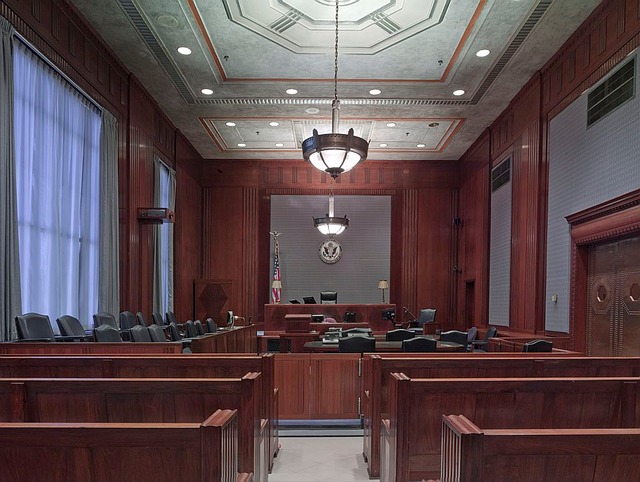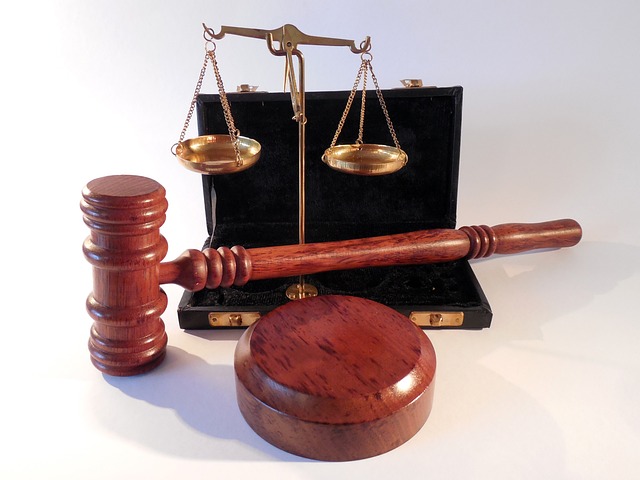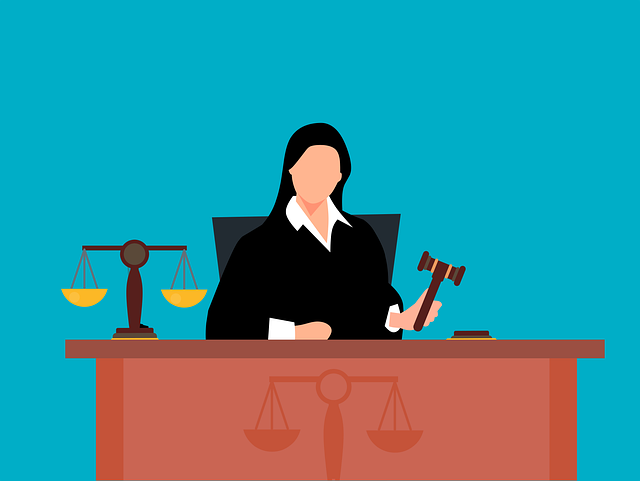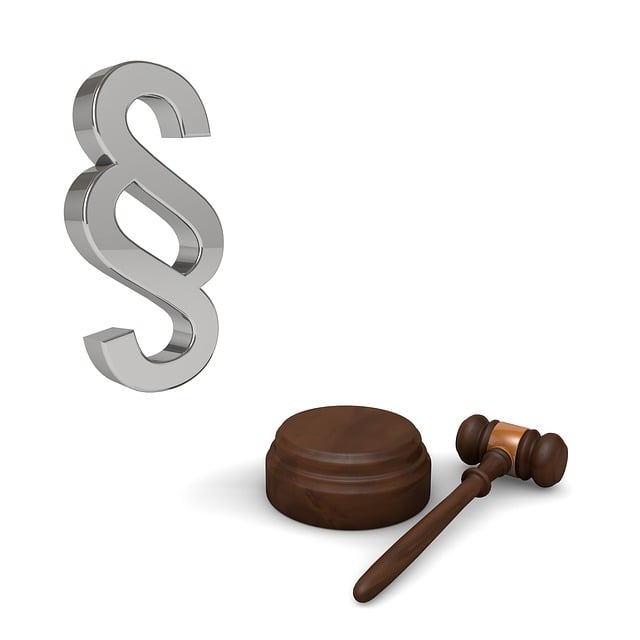Consumer protection laws safeguard individuals from exploitative business practices by empowering them to seek justice through litigation. Key areas of focus include understanding and addressing Common Securities Regulation breaches, such as misrepresentation, insider trading, and anti-fraud statutes like Ponzi schemes. Litigation not only provides financial compensation but also sets precedents, deterring similar misconduct. Crafting successful consumer protection suits requires meticulous evidence gathering and strategic legal arguments, focusing on harm caused by false advertising, deceptive practices, and unfair pricing. High-profile cases against major corporations lead to substantial compensations and drive corporate behavioral changes, influencing ethical conduct across industries.
In an era where consumer trust is paramount, understanding and enforcing consumer protection laws are more vital than ever. This article delves into the intricate world of consumer protection suits, exploring how legal avenues hold businesses accountable for their actions. We’ll dissect common securities regulation breaches that often lead to litigation, focusing on key elements making a suit successful. Through notable case studies, we uncover real-world examples of impactful consumer protection in action, shedding light on the significant role of these laws in modern society.
- Understanding Consumer Protection Laws and Their Purpose
- Common Types of Securities Regulation Breaches
- The Role of Litigation in Holding Companies Accountable
- Key Elements of a Successful Consumer Protection Suit
- Case Studies: Notable Consumer Protection Litigation Examples
Understanding Consumer Protection Laws and Their Purpose

Consumer protection laws are designed to safeguard individuals from unfair practices in various transactions, ensuring they receive quality products and services. These regulations cover a wide range of industries, including finance, healthcare, and technology, among others. The primary purpose is to empower consumers, providing them with a voice against businesses that might exploit their vulnerabilities. These laws are essential in maintaining market integrity, fostering trust, and promoting ethical business conduct.
Understanding these legal frameworks is crucial for both consumers and businesses. Common Securities Regulation breaches often end up in litigation, where consumers can seek justice and compensation. By knowing their rights, individuals can protect themselves from potential scams or misleading advertising. Achieving extraordinary results for his clients has become a hallmark of successful consumer protection attorneys, who help navigate these complex legal issues and ensure that businesses are held accountable for their actions, thereby avoiding indictment in serious cases.
Common Types of Securities Regulation Breaches

In the realm of consumer protection suits, understanding common types of securities regulation breaches is pivotal for navigating high-stakes cases. These breaches often arise from violations of rules and regulations designed to safeguard investors. One prevalent issue is misrepresentation or omission of material facts, where companies provide false or incomplete information about their products or services. Such deceptions can take various forms, including misleading financial statements, omitting key risks, or exaggerating benefits.
Another significant breach involves insider trading, which occurs when individuals with access to non-public, material information use that knowledge for personal gain. This is a complex area in securities litigation, often requiring intricate investigations and expert analysis. Additionally, violations of anti-fraud statutes are common, encompassing schemes like Ponzi plots, pump-and-dump strategies, and other fraudulent activities designed to manipulate market prices. These high-stakes cases traverse all stages of the investigative and enforcement process, culminating in jury trials where the severity of damages and public trust at stake necessitate robust legal arguments and evidence.
The Role of Litigation in Holding Companies Accountable

Litigation plays a pivotal role in holding companies accountable for their actions, especially in cases involving Common Securities Regulation Breaches. When a company is suspected of misleading investors or engaging in fraudulent activities, legal action becomes a powerful tool to seek justice and deter future misconduct. Through detailed investigations and robust legal arguments, attorneys can unearth evidence and present compelling cases that highlight the violations. This process is crucial for ensuring companies adhere to regulatory standards and maintain transparency in their dealings with consumers.
The impact of successful litigation extends beyond monetary compensation for affected parties. It sets a precedent, discouraging similar misconduct by sending a clear message that white-collar and economic crimes will not be tolerated. From the initial filing to any subsequent appeals, each stage of the investigative and enforcement process is designed to ensure due diligence and a thorough examination of the facts. This results in either a complete dismissal of all charges or a ruling that holds the company and its executives accountable for their regulatory breaches.
Key Elements of a Successful Consumer Protection Suit

When crafting a Consumer Protection Suit, several key elements contribute to its success. Firstly, establishing a clear violation of consumer rights is pivotal. This often involves demonstrating Common Securities Regulation breaches that have led to significant financial or psychological harm for the consumers. Such violations can range from false advertising and deceptive practices to unfair pricing strategies, all of which are scrutinized under various legal frameworks.
In high-stakes cases, the ability to navigate all stages of the investigative and enforcement process is crucial. This includes meticulous gathering of evidence, expert testimony, and strategic legal arguments. Unlike a general criminal defense, consumer protection lawsuits focus on the unique dynamics between businesses and their clientele, ensuring that the former uphold their duties of transparency and integrity.
Case Studies: Notable Consumer Protection Litigation Examples

Consumer Protection suits often serve as powerful tools to safeguard individuals from unfair or deceptive practices. Case studies of notable consumer protection litigation exemplify this. For instance, class-action lawsuits targeting major corporations for Common Securities Regulation breaches have resonated across the country. These legal battles highlight the collective power of consumers when they unite against predatory business practices.
For example, a recent case involved a leading technology company accused of misrepresenting data privacy measures in its marketing materials. The resulting litigation not only secured substantial monetary compensation for affected users but also prompted the company to overhaul its data security protocols. This outcome underscored the significant impact consumer protection suits can have on holding businesses accountable and fostering ethical conduct within the respective business landscape, with ripples reaching even the philanthropic and political communities.
Consumer protection suits play a pivotal role in ensuring companies adhere to regulatory standards and treat consumers fairly. By understanding the intricacies of consumer protection laws, identifying common securities regulation breaches, and leveraging litigation as a powerful tool, legal systems can hold businesses accountable for their actions. These cases not only provide justice for affected individuals but also serve as significant case studies, guiding future strategies to protect consumers from similar exploits. Through successful litigation, we can navigate the complex landscape of consumer rights, fostering a more transparent and ethical marketplace.






